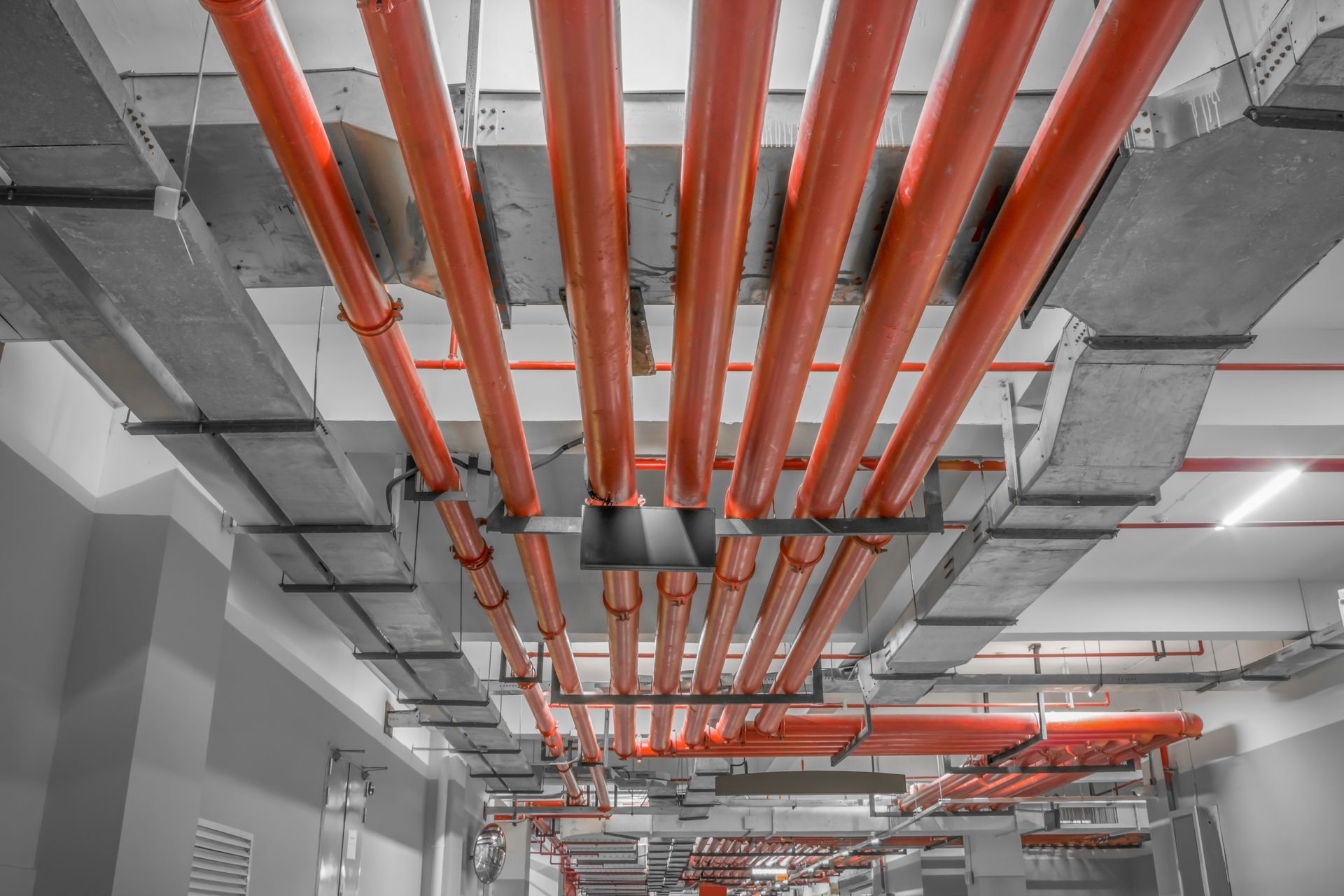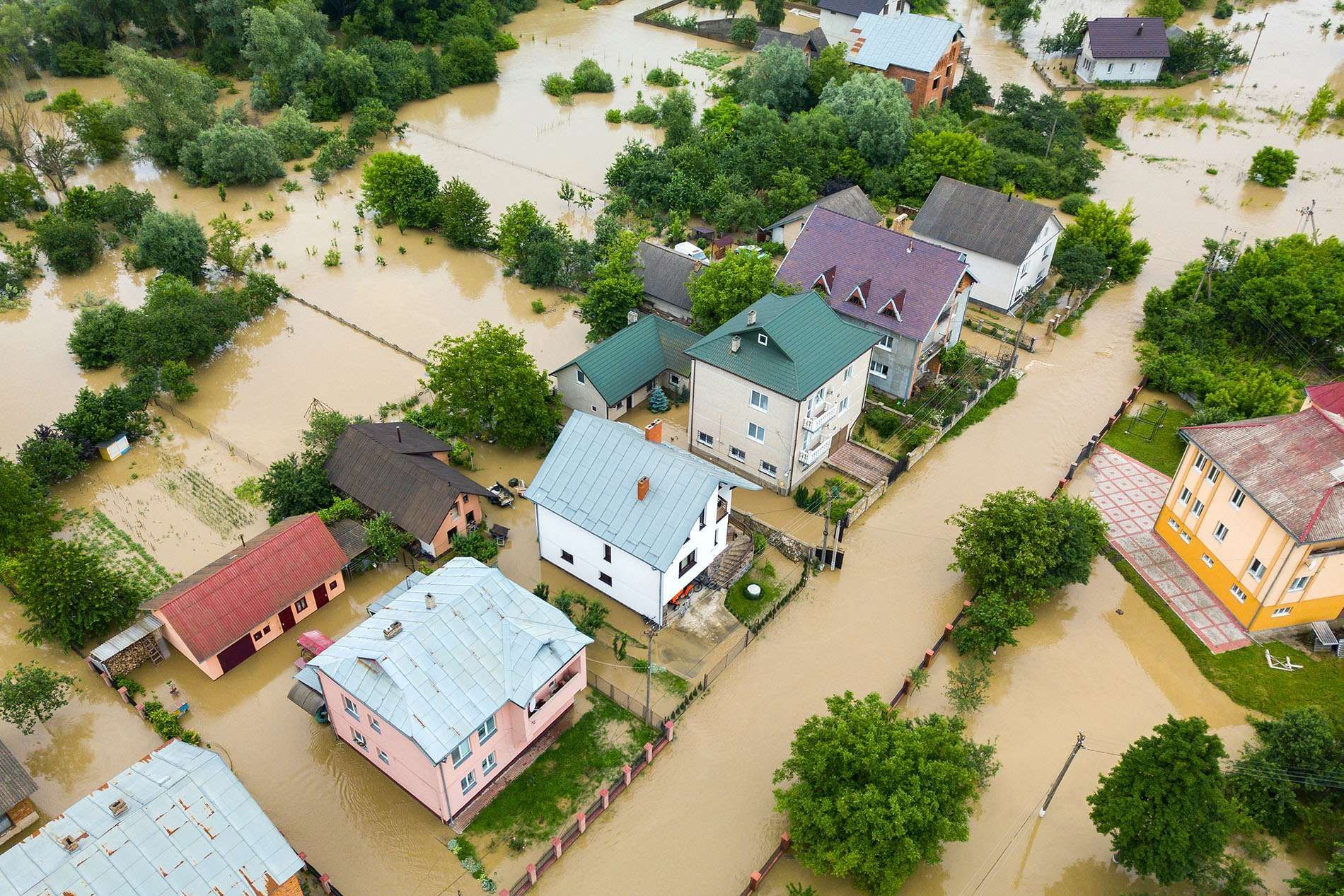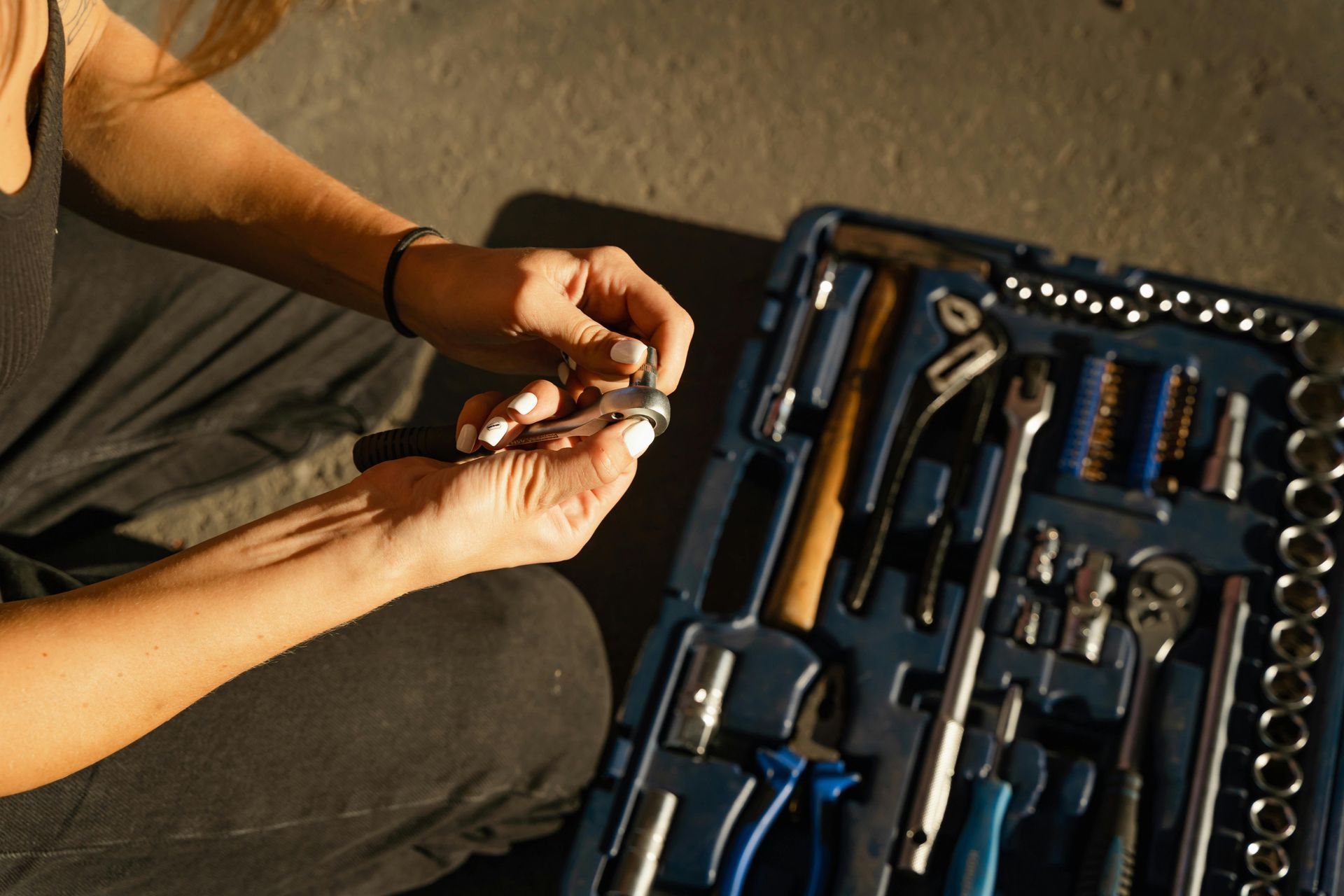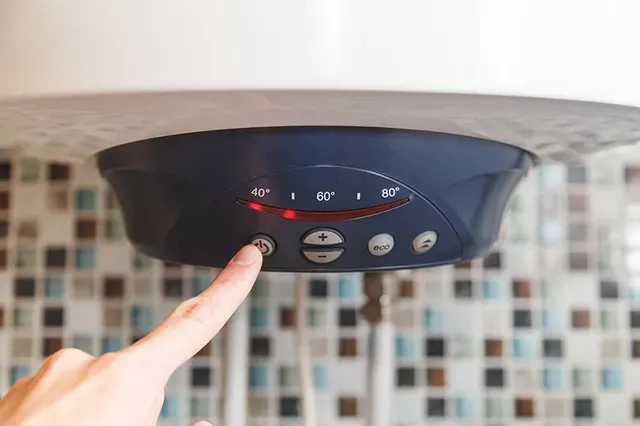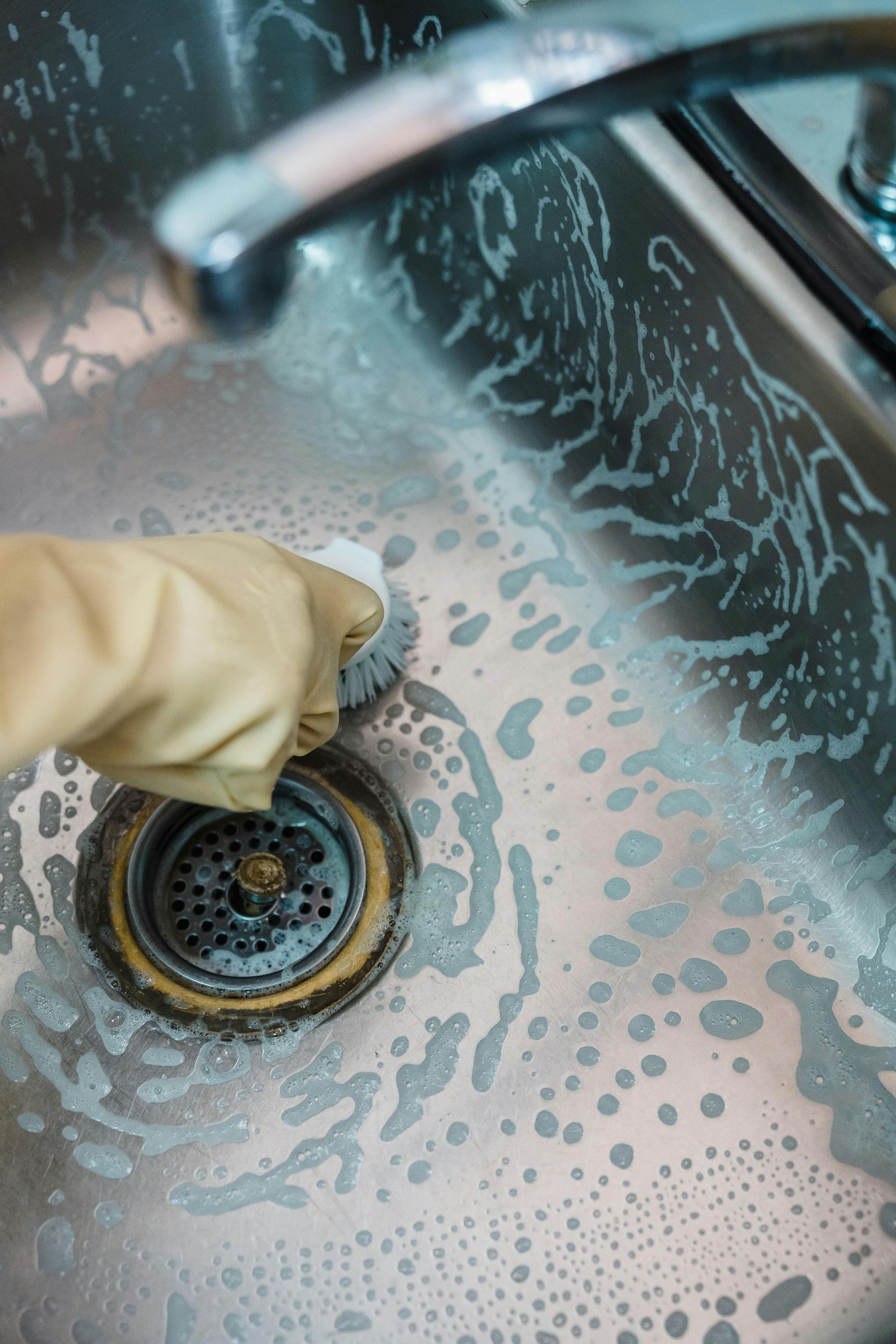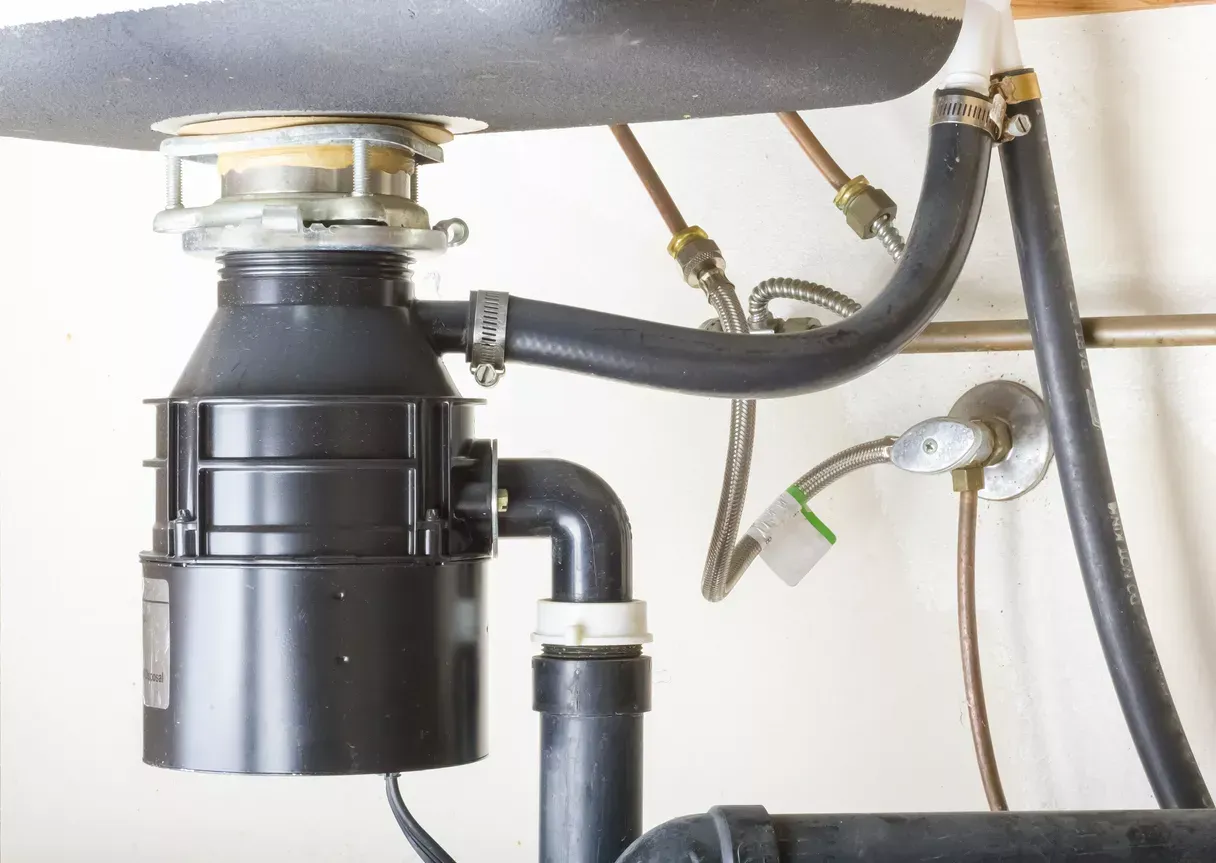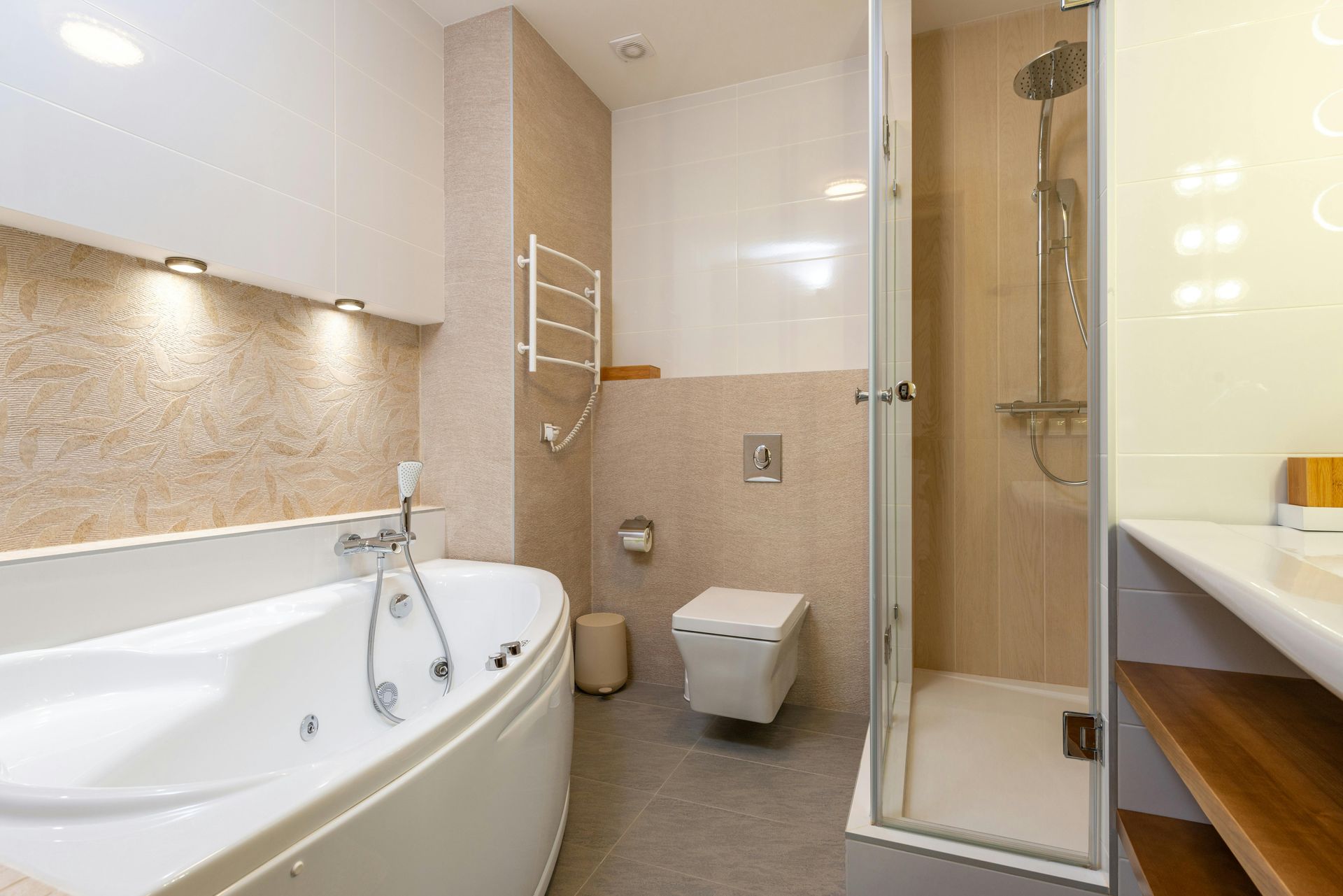Ways Your Bathroom Could Be Costing You Money
You might be used to the occasional drip from your bathroom faucet or the slow refill hiss from the toilet tank, but those small sounds add up fast—especially on your water bill. A leaky faucet that drips once per second can waste over 3,000 gallons of water a year. That’s enough to run over 180 showers!
Toilets, too, are frequent culprits. A worn flapper or faulty fill valve can cause the toilet to run continuously, pushing your water consumption sky-high without you even noticing until the bill arrives. Many people don’t realize they have a toilet leak until they add food coloring to the tank and find color seeping into the bowl without a flush.
The solution? Inspect your faucets and toilets regularly. Replacing a washer or flapper costs just a few bucks, and doing so can save you hundreds annually. If you're not the DIY type, a quick visit from a plumber can set things straight with minimal hassle.
How to Pet-Proof Your Plumbing
Poor Ventilation: Moisture Damage Lurking in the Shadows
Bathrooms are naturally humid, but without proper ventilation, all that moisture has nowhere to go. Over time, excessive humidity can cause peeling paint, warped cabinetry, mold growth, and even damage to your home’s structural components.
Moisture doesn’t just impact your health—it eats away at your bank account. Mold remediation is notoriously expensive, and replacing rotted wood or drywall affected by dampness can cost thousands.
Ensure your bathroom fan is working efficiently and is powerful enough for the room’s size. Let it run for at least 15–20 minutes after a shower to help pull out excess moisture. In older homes where there’s no fan installed, adding one could be one of the smartest investments you make.
Outdated Fixtures: Inefficiency in Disguise
If your bathroom fixtures are more than a decade old, there’s a good chance they’re guzzling more water and energy than necessary. Old toilets can use up to 6 gallons per flush, while modern high-efficiency models use less than 1.3 gallons. The same goes for outdated showerheads and faucets that weren’t designed with water-saving features.
These older fixtures aren’t just using more resources—they’re also driving up your water and heating bills, especially in winter when heating water becomes more expensive.
Switching to WaterSense-labeled products can reduce your water usage by 20% or more without sacrificing performance. It’s one of those rare upgrades that benefits your wallet and the planet at the same time.
Slow Drains and Clogs: The Hidden Cost of Neglect
It starts as a minor inconvenience—water pooling at your feet during a shower or a sink that takes forever to drain. But these slow-moving drains are often early signs of more serious issues lurking within your pipes.
Hair buildup, soap scum, and mineral deposits can eventually lead to full-on blockages or even pipe damage if left untreated. And once pipes need to be replaced or professionally cleared, you’re looking at a much steeper price tag.
Regular maintenance is key. Invest in a simple hair trap for your shower drain, avoid pouring grease or food down the bathroom sink (yes, it happens!), and consider scheduling a professional drain cleaning annually if you live in an older home.
Poor Lighting and High Energy Usage
Bathroom lighting is often overlooked, but those older bulbs and fixtures can consume more energy than necessary—especially if they’re not LED. If you leave lights on longer because the bathroom is dim, or you use multiple lights to brighten up a single area, you're indirectly burning through electricity and cash.
Switching to energy-efficient LED lighting not only cuts costs but also improves visibility, safety, and comfort. Consider motion sensors or smart lighting systems if you're upgrading. These can ensure lights turn off automatically when not in use—perfect for those forgetful mornings when you're rushing out the door.
Neglected Grout and Sealing: Small Cracks, Big Costs
That little crack in the grout between your tiles might seem harmless, but over time, unsealed or damaged grout allows water to seep beneath the tiles, leading to hidden mold, mildew, and even water damage to subfloors and ceilings below.
Left unchecked, this kind of damage isn’t just expensive to repair—it can also affect the structural integrity of your home.
Regrouting or resealing your tile lines every few years is a relatively simple and inexpensive task that can prevent significant future damage. If you spot discolored or crumbling grout, take action before it becomes a budget-breaking repair.
Running the Water Too Long: Daily Habits that Add Up
Long showers, leaving the water running while brushing your teeth, or flushing items that shouldn't be flushed—these everyday habits quietly inflate your utility costs.
The biggest issue? Most people aren’t even aware of how wasteful their habits are. Over time, these tiny choices add up to big numbers on your bills.
Simple changes like setting a timer for showers, turning off the faucet during face-washing or brushing, and teaching kids about water conservation can make a noticeable difference. It’s not just about the money—it’s about building better habits that are sustainable long-term.
Step-by-Step: How to Cut Costs in Your Bathroom
Step 1: Conduct a Water Usage Audit
Take a week to track how often you use your bathroom fixtures and how long the water runs. This can help you spot habits or problem areas where changes could reduce your bill.
Step 2: Check for Leaks Monthly
Inspect around toilets, under sinks, and behind the tub or shower for signs of moisture, mold, or soft spots. Catching a leak early can save hundreds in repair bills.
Step 3: Upgrade Where It Counts
Focus on swapping out old toilets, faucets, and showerheads with newer, water-saving models. The upfront cost pays for itself quickly in utility savings.
Step 4: Improve Ventilation and Insulation
Make sure your bathroom fan vents properly and runs efficiently. Also check windows, walls, and pipes for drafts or condensation that may signal poor insulation.
Step 5: Maintain, Clean, and Reseal Regularly
Schedule annual grout resealing and monthly drain cleaning. These small actions go a long way toward preventing costly surprises down the road.
Expert Tip: Prevention Pays Off
Many plumbers and energy experts agree: a proactive bathroom is a cheaper bathroom. Homeowners who perform regular maintenance and make a few strategic upgrades tend to avoid the big-ticket repairs that catch others off guard.
If you’re unsure about where to begin, consider scheduling a home plumbing inspection. A pro can point out inefficiencies you might miss and help you prioritize updates based on your home and budget.
Conclusion: Your Bathroom Shouldn't Be a Money Pit
It’s easy to overlook the bathroom when thinking about home maintenance—but that doesn’t mean it’s innocent. Leaky faucets, outdated fixtures, slow drains, and poor ventilation can all quietly inflate your bills and lead to hefty repair costs if ignored.
The good news? A little awareness goes a long way. With regular maintenance, smarter habits, and a few well-chosen upgrades, you can turn your bathroom from a hidden money sink into a smart, efficient, and budget-friendly space.
In the end, keeping an eye on your bathroom isn’t just about savings—it’s about protecting the value and comfort of your home. And that's always worth the effort.


